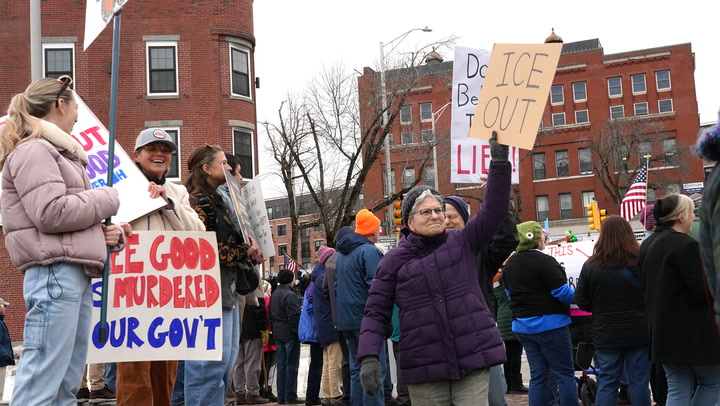On October 14, 2025, the U.S. Supreme Court declined to review Alex Jones’s appeal seeking to overturn a roughly $1.4 billion defamation judgment tied to his false claims that the 2012 Sandy Hook school shooting was a hoax.
This refusal leaves in place the ruling against Jones and his media enterprise, Infowars, and paves the way for the Sandy Hook families to pursue enforcement and collection of the damages awarded.
Jones had argued that the financial burden imposed on him amounted to a “financial death penalty” and that he deserved protections under the First Amendment similar to journalists. His legal team claimed the looming sale of Infowars to satire site The Onion would irreparably damage his voice and audience. But the Supreme Court declined to comment on the appeal.
Chris Mattei, who represents the Sandy Hook plaintiffs, issued a statement saying the court “properly rejected Jones’s latest desperate attempt to avoid accountability for the harm he has caused,” and added that the verdict now can move toward enforcement.
Read Also: Brazil Supreme Court Keeps Bolsonaro Under House Arrest
In the original trial held in Connecticut in 2022, Jones and Infowars were found liable for defamation and emotional distress. A jury awarded $964 million in compensatory damages. The trial judge later added $473 million in punitive damages.
On appeal, a Connecticut court trimmed $150 million in punitive damages but upheld the rest of the verdict. Separately, in Texas, Jones lost another defamation case tied to Sandy Hook with a $49 million judgment.
After these rulings, Jones declared personal bankruptcy in 2022, and efforts have been underway to sell his stake in Infowars and liquidate assets to satisfy the damages.
One winning bidder was The Onion, which acquired Infowars in a 2024 bankruptcy auction. But a federal judge later blocked the sale, citing concerns over the bidding process and whether it maximised returns for the plaintiffs.
Meanwhile, the bankruptcy trustee has indicated Jones’s personal assets — including real estate, vehicles, firearms, even a cryogenic chamber — may be sold later in 2025 to help satisfy some portion of the judgment.
With the Supreme Court’s refusal, the focus now shifts toward execution of the judgment. The Sandy Hook families have reiterated their intent to collect what is owed and will press ahead with legal mechanisms to seize and sell available assets.
The next developments will likely revolve around the legal and practical logistics of asset liquidation, auctions, and creditor claims — all under the eyes of the Supreme Court decision.










